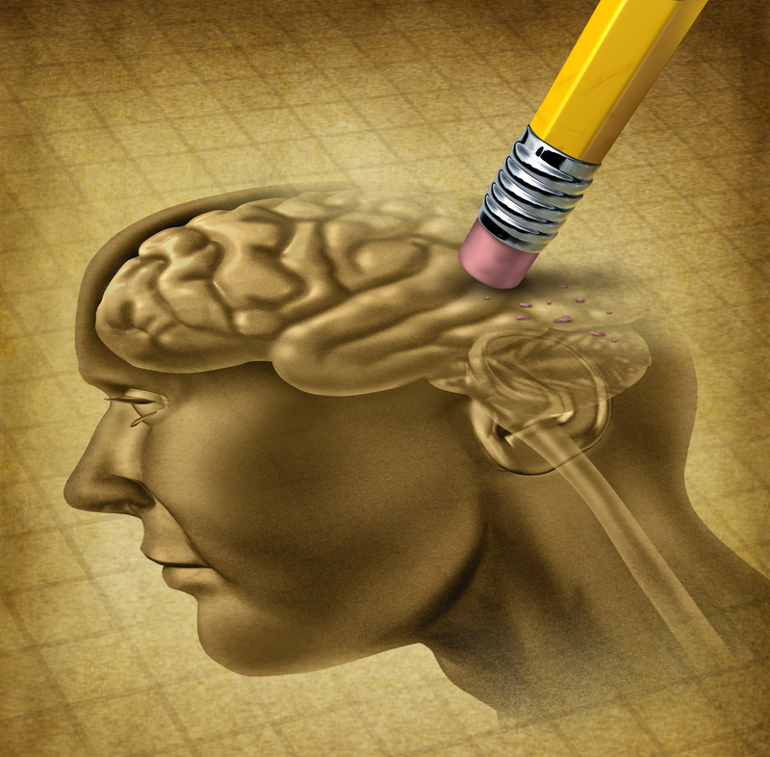
My brain is on fire. When tolerable, the fire is centralized in the front half of my skull, above and sometimes behind my eyes. When intolerable, the fire spreads, settling in a cloud from ear to ear above my spinal cord. The natural response is to cry, but crying somehow makes the pain even worse.
In January 2014, I spoke to a friend who had recently pursued psychiatric treatment. I had experienced intense stress, sadness and worry for at least five years, but I didn’t know that was abnormal. In this conversation, I expressed sympathy for my friend’s struggles; she looked at me, shocked, and responded, “Hannah, I knew you had a problem with anxiety before I knew I had a problem with anxiety.”
After agonizing over this conversation for a few weeks, I began pursuing treatment, but as long as I framed the issue as emotions and stress and anxiety, I could not find help. People told me that I just needed to manage my time better, I just needed to sleep more — I just needed to do more, to be more, they thought. My experience was completely ignored; my parents and my doctors saw my symptoms and assigned their interpretations.
In May 2014, I cried 20 of the 31 days in the month. I felt constantly nauseous and began to believe the burning sensation in my brain would never stop. After I’d had this fire in my head for over two weeks, I tried again to get help. I went again to a doctor, who listened patiently. Then she calmly asked to examine my eyes, later explaining she was looking for signs of brain swelling. She scheduled an appointment for me with a neurologist the following morning.
My neurologist and I worked together to decrease the frequency and intensity of my migraines, which we eventually determined were indeed caused by anxiety. I was put on medication. My mother turned her nose up and said, “I don’t like those types of drugs. I don’t like that you’re on that type of drug.” I took them anyway. I started going to therapy, where I felt too timid to express the depths of my despair but too desperate not to try. Drinking water, avoiding caffeine, sleeping enough and being relatively active all became more important; doing those things meant possibly decreasing anxiety, migraines and depression.
As a mentally ill college student, I face a different set of challenges than a neurotypical student. My brain jumps to worst-case scenarios and launches into panic mode in stressful situations; it’s not always rational, and it’s hard to control. Some days, I cannot get out of bed. Sometimes, even though I actively try to prevent it, my brain burns. I am not able to take care of myself the way I need to in order to be fully healthy.
Although my mental illness complicates my college experience, Georgetown University has encouraged me and given me the space to become more fully and truly myself. The Jesuit tenant of cura personalis, or “care of the person,” is tangible at Georgetown, which maintains an intricate network of offices devoted to caring for students and teaching them how to care for themselves.
Chaplains, residential living staff and health education staff sincerely ask how I’m doing, and they listen patiently and sympathetically to my answers. I’m learning to think of my mental illness in different, more helpful, ways, and I’m given some avenues to ask for help easily, and receive it.
Georgetown’s Catholic tradition encourages students to explore topics of spirituality, methods of creating positive change, our roles in the world, and how we can join our passions with our values to engage in meaningful work. This tradition is profoundly rooted in the Gospel, in which Jesus instructed us to serve each other and the Lord, and in Ignatian spirituality, which emphasizes using one’s talents and passions in discerning vocations.
I believe that the Jesuit focus on becoming people for others has greatly helped me in managing my depression and anxiety. I no longer measure my worth by productivity but by giving and receiving love. If all I do in life is help one person, I think that it will have been worth it, and my Catholic faith and Jesuit formation has brought me to this conclusion.
Once, one of our Jesuits, Fr. Greg Schenden, said in a homily, “None of us deserves God’s love; he loves us despite that.” Initially, this idea surprised me, but Father Greg had a beautiful point that I came to understand and took to heart.
As is common in depression, I often struggle with feelings of worthlessness; even so, my faith tells me time and again that I am worthy because God says so. I have done nothing to deserve God’s love, but maybe love of that magnitude, love so strong and selfless that Jesus would sacrifice himself for it, cannot be earned; it can only be given, and the Lord decided to give it to me. The knowledge of his love, unconditional and endless, allows me to feel love myself — love for myself.
[Hannah Wingett is in the class of 2019 at Georgetown University.]



